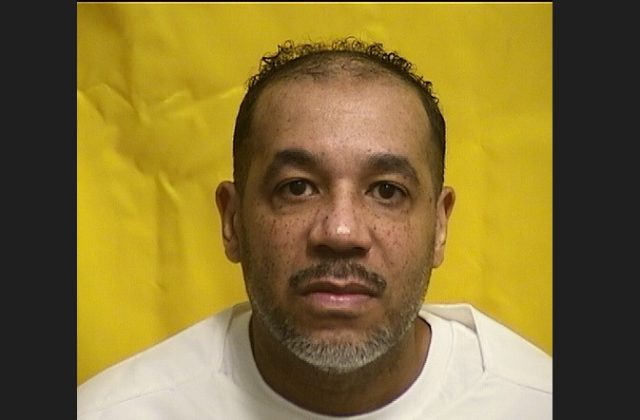
In a significant turn of events in southwest Ohio, Stanley Fitzpatrick, who has faced execution multiple times, has had his death sentence thrown out, thanks to a recent change in Ohio law. The new legislation granted prisoners on death row a one-year window to petition the court to overturn their death sentences.
Fitzpatrick’s case spans over two decades, during which he was convicted of killing In June 2001, he used an axe to kill his girlfriend, Doreatha Hayes; her 12-year-old daughter, Shenay; and their neighbor Elton Rose who he convinced into the home after the other murders. He then attempted to murder a police officer in Lincoln Heights.
Despite being diagnosed with severe mental illness, he had been on death row since his conviction in 2002, facing execution multiple times, with each attempt being delayed.
Under the new Ohio law, individuals suffering from four major mental disorders, including Bipolar Disorder, Delusional Disorder, and Schizophrenia, are now ineligible for the death penalty. Moreover, those on death row must demonstrate that their mental illness significantly impaired their capacity to exercise rational judgment in adhering to the law.
Fitzpatrick’s case marks the third instance in Hamilton County where a death sentence has been overturned under the new law, according to the Ohio Attorney General’s Office. Consequently, Fitzpatrick has been resentenced to life without the possibility of parole.
The decision underscores a broader shift in the state’s approach to capital punishment, with a growing recognition of the impact of mental illness on individuals facing the death penalty. Fitzpatrick’s case serves as a poignant example of the evolving legal landscape surrounding capital punishment in Ohio.











